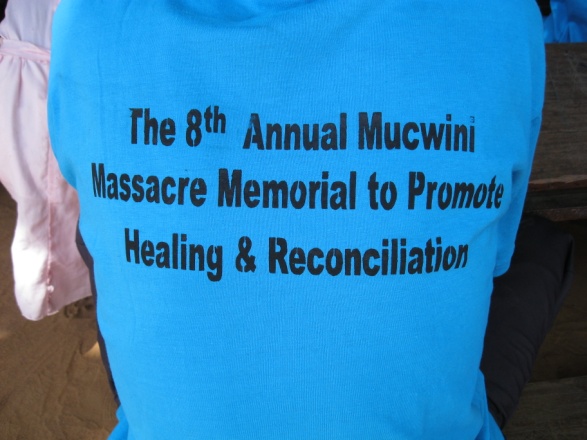[AFG_gallery id=’11’]
JRP’s community mobilisation team organised one community dialogue this month in collaboration with radio station Mega FM. The event, held on August 22 in Atiak sub-county, Amuru district, engaged community members on issues of gender justice. Clips from the dialogue will air on Mega FM’s ‘Te-Yat’ programme on Saturday, September 18, from 10am to midday.
Over 200 community members attended the dialogue. In addition, panel participants included the L.C. V Councillor Gilbert Oulanya, renowned Gulu lawyer Komakech Henry Kilama, civil society representative Rosalba Oywa, and JRP representative Ketty Anyeko.
The major issue that emerged focused on the demand for compensation for the victims of the conflict, with specific reference to the survivors of the 1994 Atiak massacre. This demand for compensation has emerged as one of the major concerns for victims during all of the community dialogues that have been organised by JRP this year.
Specific to gender-related challenges, community members mentioned that many formerly-abducted young females who have remarried are still widely stigmatised, especially by the relatives-in-law. Issues related to victims of male rape (tek-gung) that occurred in Agung were also raised at the dialogue.

